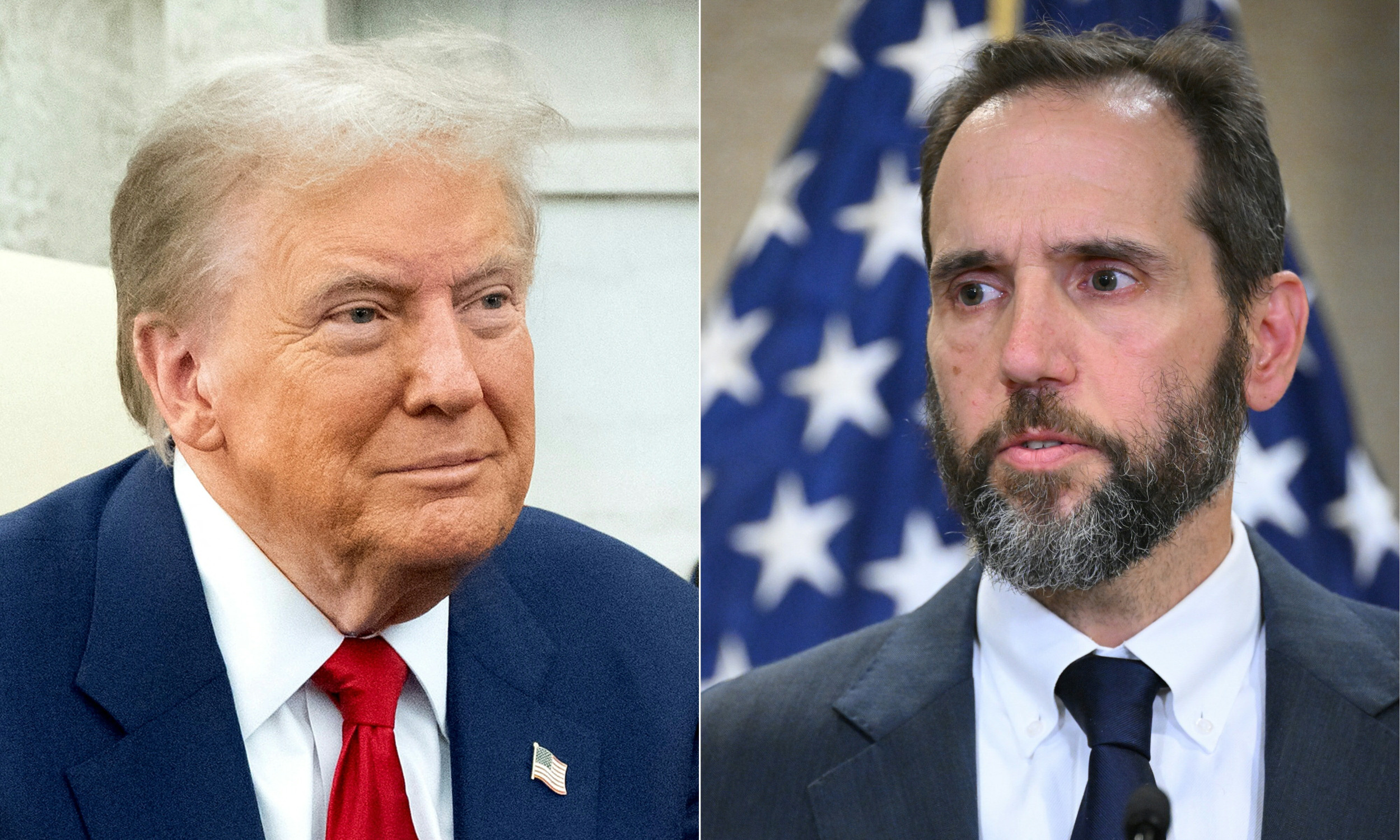Republicans and Democrats have fiercely debated how best to handle the impending Social Security funding crisis.
While Americans have been paying into the system for years, the Social Security Administration (SSA) is scheduled to run out of money for full payments as early as 2035 if nothing changes, with Republicans and Democrats accusing each other of attempting to lower payments amid the insolvency crisis.
However, another issue lies within the Windfall Elimination Provision (WEP) and Government Pension Offset (GPO). These two rules lower Social Security payments for millions of Americans who worked as public service workers, former police officers, teachers and nurses. Part of their payments are taken away because they're also benefiting from pensions.
The U.S. House of Representatives was set to pass a bill, the Social Security Fairness Act, that would get rid of the WEP and GPO. However, in an unusual move, Freedom Caucus chairman Andy Harris, a Maryland Republican, got unanimous consent to table the proposed bill Tuesday.
To get it passed, lawmakers would have to vote under discharge regulations, or a new bill could be introduced with similar guidelines for Social Security beneficiaries currently impacted by the WEP and GPO.

The Claim
Several users on the social media platform X, formerly Twitter, claimed that Republicans introduced a bill that would lower Social Security payments for those receiving a military pension.
Others claimed that Republicans were trying to take Social Security benefits away from those who received any pension or disability benefits.
"It has already begun, House Republicans have introduced a bill on Election Day to reduce social security payments for Americans who receive a pension or disability benefit from an employer. MAGA have doomed us all," X user @TheRickyDavila wrote Thursday.
The Facts
These reports are false.
The bipartisan bill was originally brought forward by House Representatives Garret Graves, a Louisiana Republican, and Abigail Spanberger, a Virginia Democrat, in January of last year and got more than 300 cosponsors, both Republicans and Democrats.
The bill in question sought to expand Social Security benefits for those who received pensions, not lower them. And while some Republicans did act to table the bill, they did not propose a new bill taking away any payments from Americans.
By tabling the bill, they just kept the current rules regarding the WEP and GPO in place.
Newsweek has reached out to Graves, Spanberger, and House Speaker Mike Johnson for comment via email.
If passed, the Social Security Fairness Act was predicted to have cost $196 billion across the span of 10 years.
While it's unclear why certain Republicans blocked the bill, which had a wide range of bipartisan support, the timing could suggest wanting to wait to pass a Social Security bill for when they have a majority.
"I believe Republicans blocked this bill to delay any changes until they achieve a House or Senate majority," Kevin Thompson, a finance expert and the founder and CEO of 9i Capital Group, previously told Newsweek. "While they cited the package's cost as the reason, the timing suggests a possible strategic move to maintain control."
Alex Beene, a financial literacy instructor for the University of Tennessee at Martin, called the tabling of the bill "puzzling" considering the proposal was popular and bipartisan in nature.
"The bill in question expanded Social Security benefits to a small group that had been excluded in the past due to provisions on combining those benefits with additional pensions from workers in certain fields," Beene previously told Newsweek. "The hope is the decision to table it for now will result in it being offered in another form in the future. The benefits recipients would gain would greatly assist them in the inflated economic times we find ourselves in currently."
The Ruling

False.
While some claimed that Republicans introduced a bill to lower Social Security payments for those with pensions, many pension holders already get lower monthly benefits.
A few Republicans blocked a bill from coming to a vote that would have removed the WEP and GPO, which currently lowers payments for millions of Social Security beneficiaries. However, the bill, the Social Security Fairness Act, had bipartisan support and signatures from over 300 lawmakers, including many Republicans.
FACT CHECK BY Newsweek




















 English (US) ·
English (US) ·